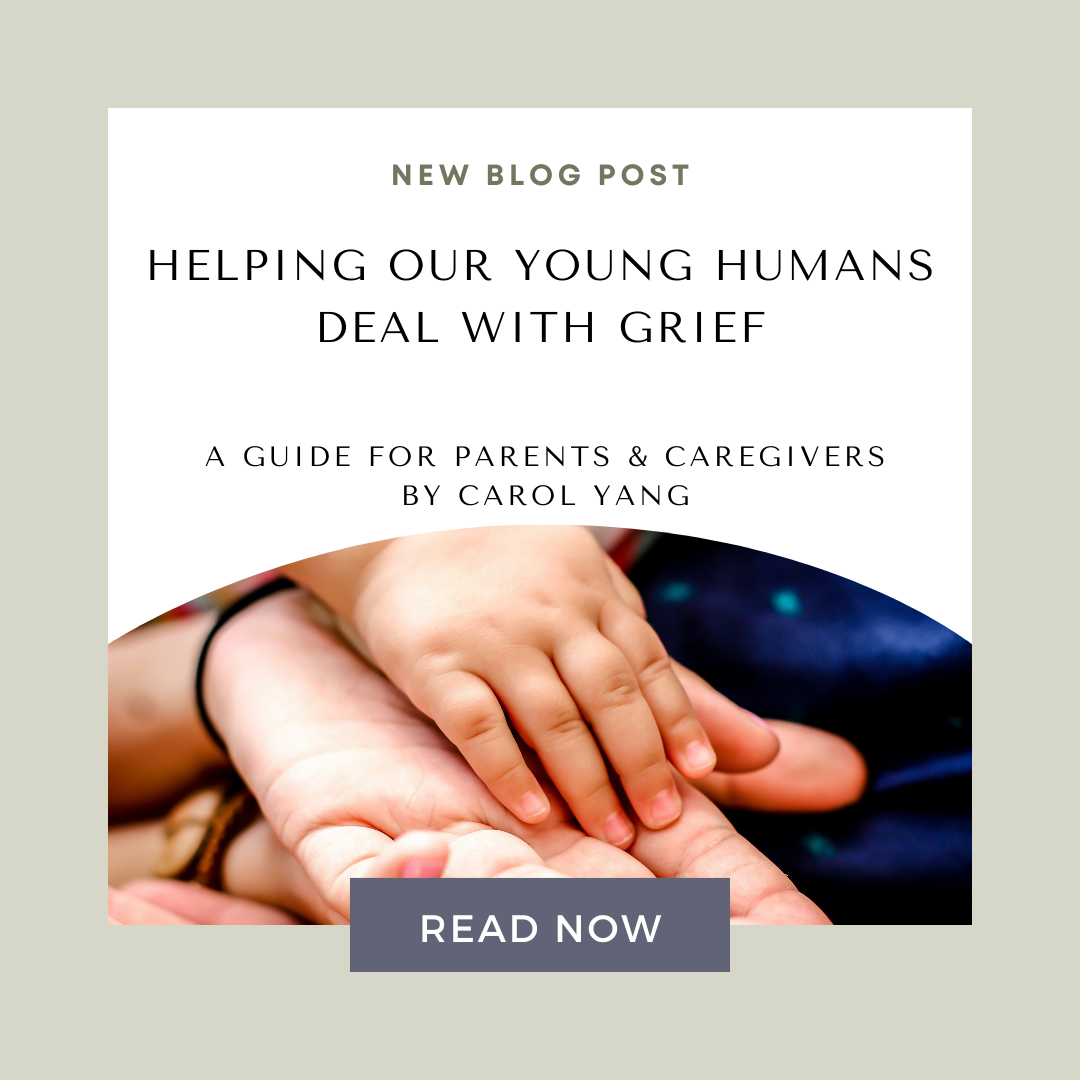
Our Blog

Happy parents, happy babies: how parents’ emotional well-being impacts their children’s mental health
Parenting is one of the most profound and demanding roles a person can take on. From the moment your child is born, their well-being becomes your top priority. Every sneeze, scratch, and disrupted night of sleep is monitored with careful attention. Paediatric check-ups, vaccinations, and doctor visits become routine, ensuring their physical health is always in check.
But how often do we stop and ask: How emotionally healthy is my child?

Brainspotting: a revolution in trauma therapy
Discover Brainspotting, an innovative therapeutic approach designed to address trauma, anxiety, and emotional challenges through targeted eye movements. Developed by Dr. David Grand, Brainspotting taps into the brain’s natural ability to heal, facilitating deep emotional release and personal growth. This versatile therapy is effective for various issues, including PTSD, depression, and performance enhancement. Whether in-person or online, Brainspotting offers a safe and effective path to emotional healing. Learn more about how this groundbreaking technique can transform your mental well-being today!

Online Therapy: A Guide to Navigating Your Virtual Mental Health Journey
Explore the transformative world of online therapy, a modern approach to mental health care that connects you with qualified therapists from the comfort of your home. Discover how virtual sessions can provide effective support for anxiety, depression, and more. Whether you're seeking flexibility or accessibility, online therapy offers a convenient solution tailored to your needs. Learn about the benefits, best practices, and how to choose the right therapist for your journey towards emotional well-being.

Helping our young humans deal with death: A guide for parents & caregivers
Navigating loss and grief is a challenge, even for adults. For children, it's often confusing and overwhelming. As a caregiver, while you can't shield them from the pain of loss, you can provide stability and open communication. Encourage them to express their feelings freely and reassure them that it’s normal to feel sad, angry, or confused. This support is crucial in helping them feel safe and understood during such difficult times.

Talk the Talk: Unraveling the Mystery of Communication in Relationships

Home Sweet (New) Home: Navigating the Emotional Journey of Moving and Renovating
"Moving to a new home is generally seen as a desirable milestone, and giving an existing home a makeover can be equally appealing. However, both experiences can inadvertently lead to significant stress. This realisation sparked conversations between staff and clients, resulting in a deeper understanding of why something that is often viewed as 'positive' can generate feelings of anxiety and negativity.

Carol on ‘Life with Karabo’

Surviving your first Festive Season as an expat - by Carol Yan

Somatic Healing - The What, The Why, The How, The MAGIC!

What to read next as recommended by our therapists - 12 Birds to Save Your Life: Nature’s Lessons in Happiness by Charlie Corbett

What to read next as recommended by our therapists - The body keeps the score by Bessel van der Kolk

